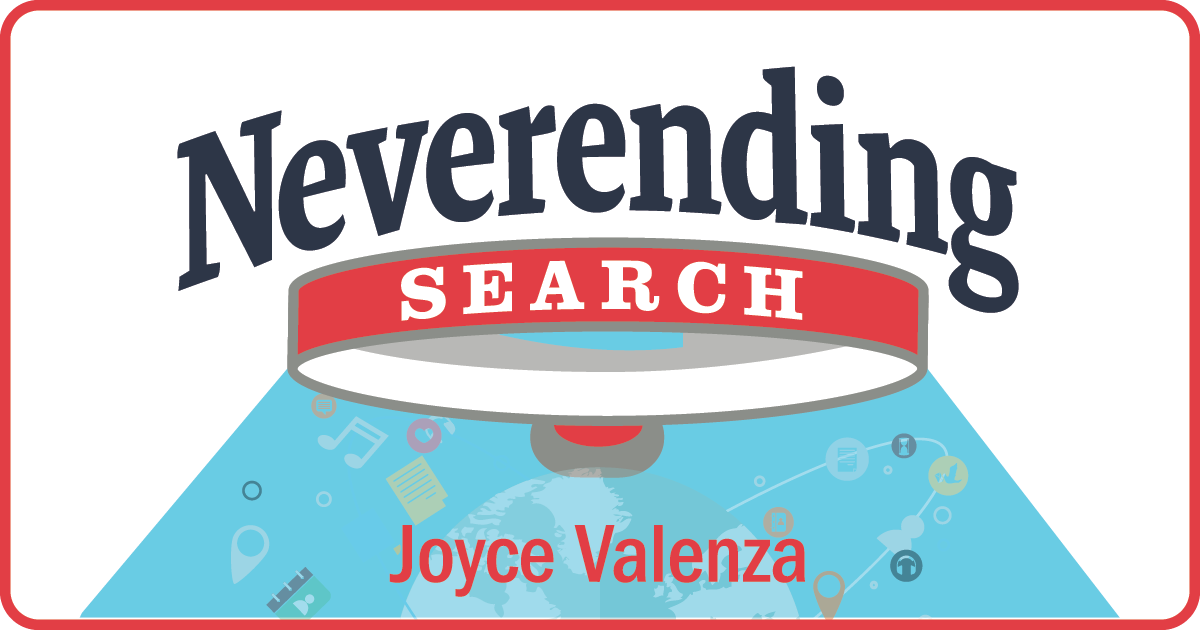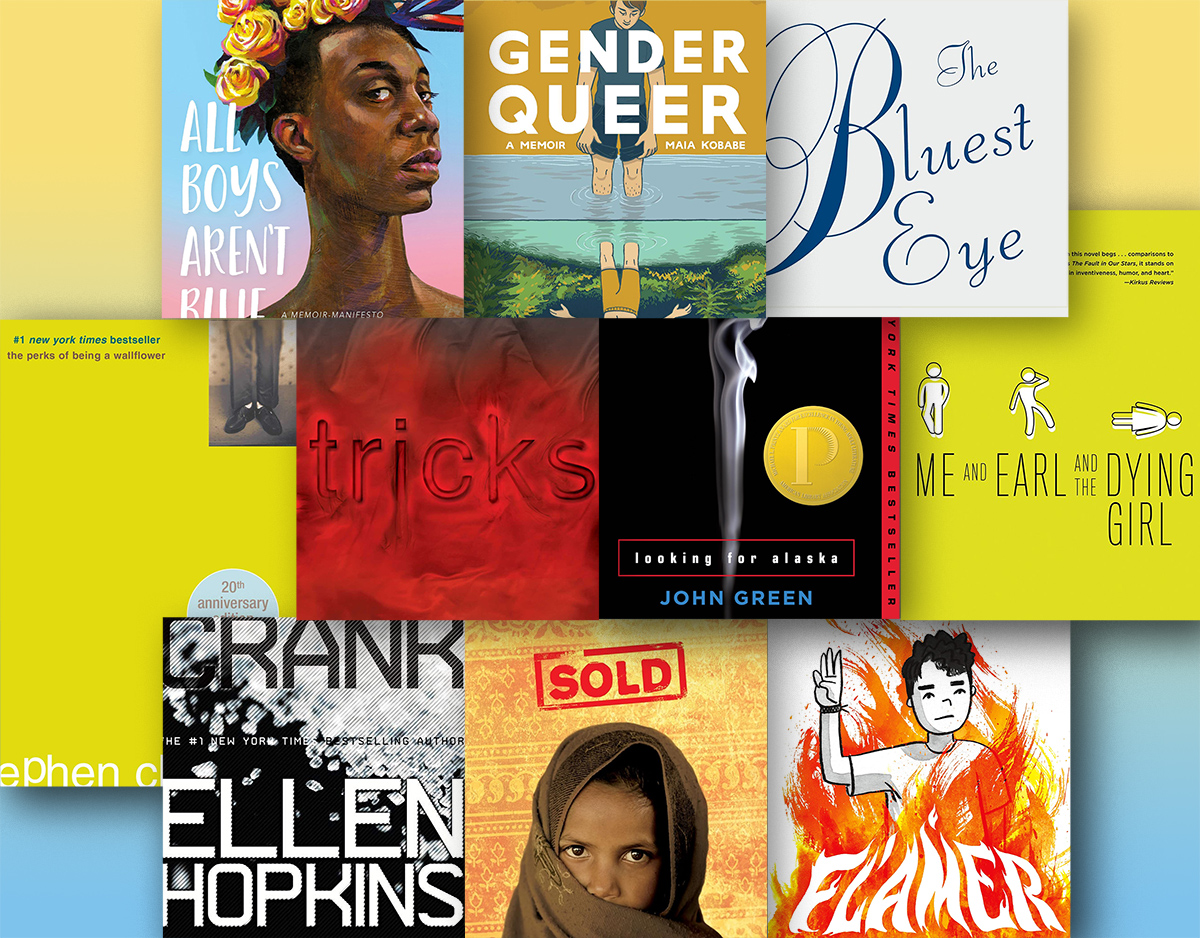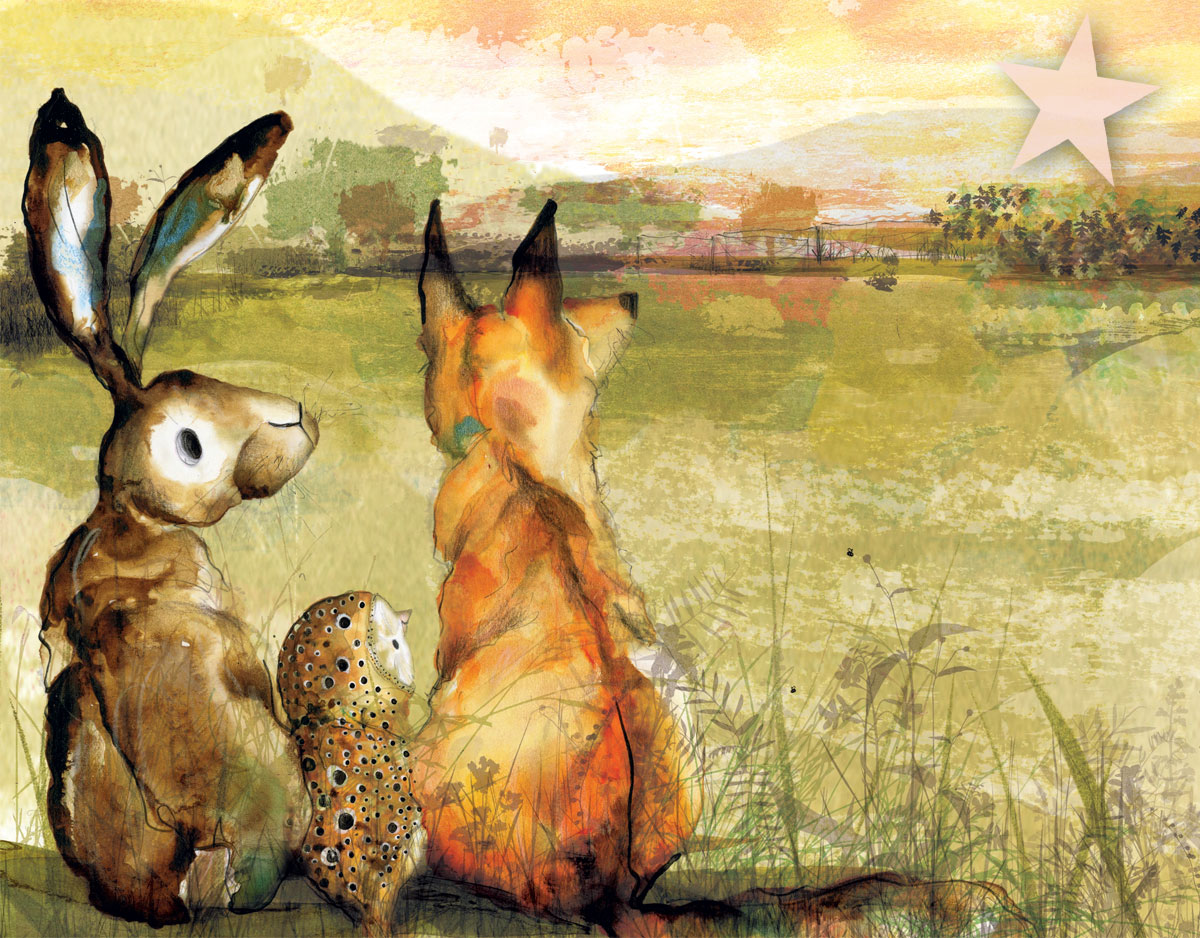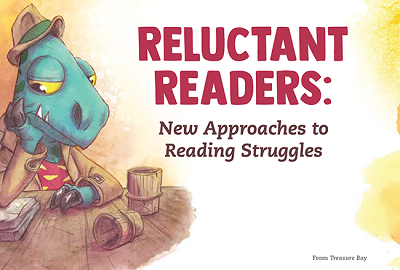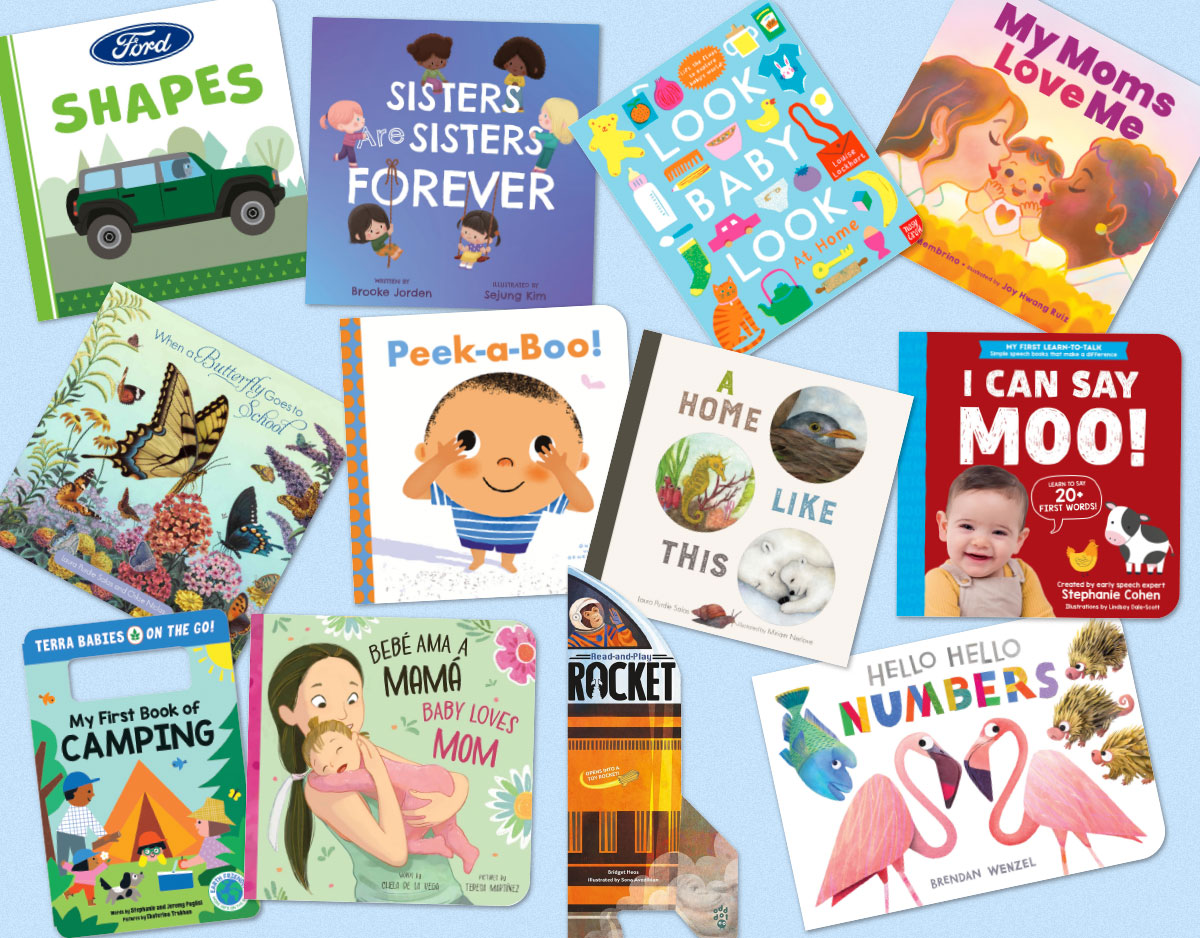SCROLL DOWN TO READ THE POST
Anatomy of a slam: “there will be poems”
 April is Poetry Month.
April is Poetry Month.
Last week, just a little early, we hosted our first ever Springfield Slam.
The kids from Literary Mag, Gay Straight Alliance, and Gallery Club, who helped me organize the event, assured me,
Dr. V, there will be poems.
I worried anyway.
No need for that. There was a poem or two in nearly every kiddo’s pocket. We filled two powerful hours with poetry. We filled the ro om with nearly fifty fully engaged kids and a few teachers.
om with nearly fifty fully engaged kids and a few teachers.
In the hope that our story may help you literally spread the word in your own spaces, here’s the Springfield scoop.
And here’s a slideshow:
But let’s rewind a bit.
I was first inspired to plan a slam after hearing Phil Goerner talk about his events at Silver Creek High School (CO) at the SLJ Summit. As a model, Phil shared this video of a lunchtime slam he hosted back in May.
ADVERTISEMENT
ADVERTISEMENT
We followed much of Phil’s advice as well. He shared:
- I go over the rules: each poet recites his/her own work, no props, not longer than 3 mins, encourage audience participation.
- In melodramatic style I encourage the audience to cheer, boo, laugh, sigh at all the right places. (mostly cheer)
- I explain the 5 judges will score from 1-10 or anything in between, but they are to be consistent. We throw out the top and bottom scores then add the remaining 3 scores for the poets total.
- Top two scores go to the finals
- Gather cheesy prizes
The kids advertised with quirky, handwritten posters all over the school, shared videos on the morning announcements, and poster this Smore poste soliciting submissions on the school and library website. We collected materials and ideas and an agenda in the Springfield Slam wiki. We created a judging form.
Weather delays and conflicts with other school events, including the big musical, forced us to move the date and time host the Slam as a potluck dinner event. The food was a good idea.
At the event, me, two English teacher buddies, our assistant principal and the club presidents welcomed the group.
The assistant principal read one of his favorite poems.
We broke the ice with a video of Sarah Kay’s Worst Poetry.
 We followed with a kind of foundish poem I wrote with my English teacher colleague, Eric Gershman, alternating our reading of the lines:
We followed with a kind of foundish poem I wrote with my English teacher colleague, Eric Gershman, alternating our reading of the lines:
Can you?
By Joyce and Eric
(J and E) Oh students, my students,
(J) Can you compare your love to “ a summer’s day?” …
(E) Can you feel what it’s like to be without a home….like a rolling stone…”?
(J) Can you “Picture yourself on a boat on a river with tangerine trees and marmalade skies…” ?
(E) Can you talk about your “G…g…g…generation”?
(J) Can your Muse sing to you of “cabbages and kings and why the sea is boiling hot or whether pigs have wings”?
(E) Can you hear the “Sound of Silence”?
(J) Can you remember that “freedom’s just another word for nothin’ left to lose”?
(E) Can you take the road not taken?
(J) Can you describe a stately “Pleasure dome”?
(E) Can you taste the plums that were in the ice box, so sweet and so cold?
(J) Can you appreciate a tree that “looks at God all day and lifts her leafy arms to pray”?
(E) Can you count the “ways I love thee”?
(J) Can you tell me why the cage bird sings?
(E) Can you see the tyger tyger burning bright, can you drink the water water everywhere?
(J) Can you appreciate the span of my hips and the stride of my steps”?
(E) Can you go for a whirl with your cretin girl?
(J)Can you wander lonely as a cloud?
(E) Can you listen to the best minds of your generation …”?
(J) Can you imagine a night when poetry is celebrated and expression runs “like wild horses over the hills”?
(E) So, let’s roll down the window and let the wind blow back your hair…
(J and E) it’s an invitation across Spartan Nation…can you speak up? Can you slam? Can you share?
And then the poetry simply flowed. It flowed off print-outs, and crumpled hand-written pages, and cell phones.
We had live poetry and we had poetry submitted via video from students who were away at a state conference. Here are a couple of those:
Genius Nadira from Joyce Valenza on Vimeo.
Yesterday, I had a chance to debrief with student members of our planning team. Here are some student reflections:
Lauren:
Our theme was student expression. That’s what we saw. The big cool thing was to see people connecting with their work and their passion. Even those who read favorite poems, not poems of their own, showed this connection. I love seeing people engage with the things they love and put it out there, getting over any fear of judgment. This was especially true of the 9th graders. Yeah, there was some tortured soul stuff, but there we so many different takes and kids attacked serious topics heads-on. The older students were a contrast; they had more experience to share and more time to practice their craft. I didn’t expect the level of sharing. Everyone was engaged. Everyone was supportive. And the vibe was surprisingly chill.

Hannah:
I liked the encouraging environment. We spent time in our planning meetings trying to set up an environment that was supportive and informal, but organized. People came up to the stage saying they were not writers or artists, but they read poems that were really affecting. The audience was fantastic. They understood the pressure of reading something personal . Because we knew that getting up and reading was hard, we made sure no one, especially the 9th graders, felt too vulnerable. I couldn’t have done that in front of a lot of people I didn’t know at that age. Four years makes a difference. Some of the poem
s were really personal; it was admirable. Food helped.
Our coveted medals (Yes, that I should have been a little further away from that S.) Everyone who read got a box of candy and an I Slam medal. Laureate medals were award to the top four poems. We had a special prize for best new voice (for a freshman).
Verdict? Our kids write outside of the classroom. They think poetry is cool They’re right. And . . .
There will be more slams!
We’re already planning the next one.
Some resources to help you plan a celebration of poetry:
- Youth Speaks Teen Poetry Slam
- Poets.org National Poetry Month and their 30 Ways to Celebrate and their Dear Poet Project
- National Poetry Month and the National Writing Project
- National Poetry Slam 2013
- Poetry Slam
- Scholastic Celebrate National Poetry Month
- NCTE Poetry Resources
- ReadWriteThink April is Poetry Month
- Favorite Poem Project
Some poem highlights from our first Springfield Slam:
7 CONFESSIONS by Sarah Demarest
1. when i was 4 i used to walk in jelly sandals with my parents on each side, my tiny fists clasped in each of their hands,
and on the count of three they would swing me, up into the air. when i was four my parents taught me how to fly and i
forgot.
2. i have an appreciation for hands, the ink stains on fingers, the constellations on palms, the delicate moons of nails.
i look for excuses to touch them to mine whenever possible, to compare sizes, to look for the little differences that
distinguish us from each other.
3. at eleven an art teacher at my synagogue said she didn’t recognize me because i’d gotten fat and i’ve never looked at
myself the same since.
4. i wasn’t really drunk, i was just pretending so i would have an excuse to tell you the things i had wanted to say for
months. i also lied when i told you i was sorry for saying them.
ADVERTISEMENT
ADVERTISEMENT
5. i am scared all the time, every hour of every day. i keep my head down and coat buttoned on the street; i make every
effort to avoid being alone in stairwells and elevators. i have no past trauma to explain this fear, other then statistics
and the lingering feeling of what i find inevitable.
6. when i was 8 she died while i was on a school field trip to the insectarium. my best friend sat next to me on the bus,
she tried to talk and i whined, told her i wasn’t feeling well, my stomach hurt. my dad took me home and upstairs to
see her yellowing body and i did not cry, i looked at her and then went downstairs and made soup. i still have trouble
forgiving myself for it some days.
7. here is what i have learned in the past 17 years:
in middle school, a boy will pick your friend over you because “your personality is better, but she’s prettier” and you
will cry and cry and it will begin a pattern if you don’t stop it then.
when a man shouts at you on the street or asks you to smile, tell him to fuck off. spit in his face. flip him your middle
finger. do not smile.
sometimes when people kiss you you might feel sad afterwords, and that’s okay.
at 4, when the world is still light up sneakers and clip on earrings, your parents will teach you how to fly. breathe it in.
do not forget.
Alluvian, by Hannah Hoyer
eyes fly open in shadows dim,
red stains ‘round bright blue-green rims
and there’s a deficit of wispy whims
in the cold
she’s wide awake.
she’s wide awake for the first time in years.
and for the first time she feels the pavement—
a backpack,
her only pillow
a near-empty rucksack
with just a notebook and a
faltering pen
that stops working over
and over
and over again—
her only friend
in the urban wasteland.
the smell makes her sick,
the garbage, the waste
a foul, filthy reek
clings to this place
of urine and vomit and unwashed skin
and tomorrow the stench will be stronger again
when those cold, filthy beasts wander back in–
–to the alley
with delectable fruit from the valley
borne on their shoulders,
into the cave
where they breathe in the scent
that takes them away
to the hills, the soft grass
aglow in the daylight
sliced to pieces by clouds
it’s a dim, sleepy place
they perpetually pace
‘til they’re thrust back into the cold.
…wide awake now,
back to sleep
she’s wide awake
in a rubbish heap—
so wide awake
the truth, it creeps
now wide awake
in the darkest deep
she’s sitting in an alley, there
with bloodshot eyes and unkempt hair
forgetting about how to care
for she never will get out of there
so in the stench and cold she sits
in the alley there – so dark, unlit
it’s been ages now since when she quit
so why not do it?
just one more hit.
Sinkhole House Demolished, Man Trapped Inside Dead by Lauren McCuen
I fell more than asleep last night
I kissed your cheek and closed my eyes
Fast asleep I felt the falling
A hundred below the earth
Falling. falling. falling.
Down.
I hit the ground and opened my eyes but
the only thing around was darkness
My blankets now made of ceiling plaster and bits of fallen shingles.
Pressing down on my chest
I can feel you float down to me on the air.
Your smell sharp on my nose, my chest seizes up
as your phantom arms squeeze me tight.
You press down hard,
double the strength of the roof
pinning me to my bed.
I used to beg you not to let me go.
Said if you weren’t beside me
I’d fall right off the Earth
I should have known hyperbole and and irony are compatriots.
You’re far from me now.
Too far to even think about.
I used to say the best part of this town was how fast you could get to somewhere else
But now I’d stay for the rest of my life if it meant I could climb up from the Earth’s silent embrace
I will my arms to lift me up.
Pull myself along the roots of a tree and up to the surface.
I feel your ghostlike arms suffocate me once more
Scraping out the last of whatever I left behind.
Then you’re gone.
Floating away from me.
I’m here.
I always was.
One hundred feet below the surface
Paradox of Interests by Shannon (shared in a recent blog)
An introduction
Maybe a short lesson, some notes, a thesis or two
To make the subject matter clear to the class
The topic is my favorite, one that I have a special place for in my heart and soul
I am eager to share my knowledge with the class
To show my peers how beautiful this matter is, to show them how important our education is.
A lesson is given, homework assigned, my pen feverishly flows across the page
Expressing all of my passion for the thesis and throwing
Everything I have into the assignment in hopes that someone will recognize my insight
Choose between two topics for your essays. You must use twelve direct quotations
And four outside resources
Touch on three topics we have discussed in class,
And don’t forget everything you have learned during the lessons.
Pardon me,
I don’t want to be rude
But where is the creativity?
Vomiting information
Copied from a board
Onto a page
Studied from the page
Thrown onto another page
Which is turned into a number
Which is put on yet another page.
What for?
How am I learning to function in the real world if my
Creativity is being neglected
Intelligence shot down
Passions disencouraged?
Why would I write if not to flex my own innovative process?
Maybe my opinion is different from yours, but that does not
Mean that it is invalid.
The youth of today will be the government, the teachers, and the
mothers,
fathers,
and creators of tomorrow.
But how can we do this if we are taught to walk and talk the first
two years of our lives,
and told to sit down and shut up for the next sixteen?
An introduction. A body. A closing.
I am a radical.
I want to learn.
I learn a lot on my own.
I am not a letter grade. I am not a GPA. I am not a percentage point,
or a class ranking,
or a statistic on a standardized test.
I am a student. A pupil. A pioneer in discovering the past, the present, and the future.
I can think. And I can learn. And I can prove it.
Why don’t you let me show you sometime?
Filed under: poetry, poetry slam, student work, technology
About Joyce Valenza
Joyce is an Assistant Professor of Teaching at Rutgers University School of Information and Communication, a technology writer, speaker, blogger and learner. Follow her on Twitter: @joycevalenza
ADVERTISEMENT
SLJ Blog Network
One Star Review, Guess Who? (#216)
A Good Story Well Told: The Story Craft Podcast You Need In Your Life Right Now
Flash Gordon: The Girl from Infinity | News
30 Contenders? Our Updated Mock Newbery List
See You Saturday at Teen Lit Con in Minnesota!
The Classroom Bookshelf is Moving
ADVERTISEMENT
ADVERTISEMENT

